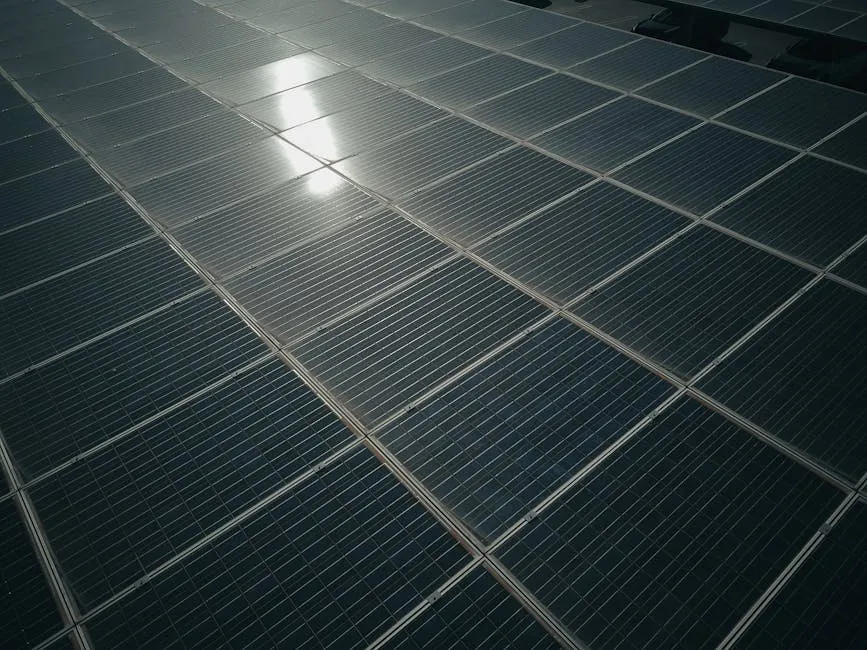Musk’s xAI to Launch Solar Farm Near Colossus Data Center in Memphis
In a significant move towards sustainable energy, Musk’s artificial intelligence company, xAI, is collaborating with a developer to establish a solar farm on an impressive 88 acres adjacent to its Colossus data center in Memphis. This development underscores a growing trend among tech companies to integrate renewable energy solutions into their operations, especially as data centers continue to expand.
The Vision Behind the Solar Farm
The proposed solar farm is expected to generate around 30 megawatts of electricity. While this figure might seem modest compared to the colossal energy needs of modern data centers, which can consume vast amounts of power, it represents a crucial step in integrating renewable energy sources into the tech industry. The solar farm will cover approximately 10% of the Colossus data center’s estimated power usage, signaling a commitment to reducing carbon footprints and promoting greener operations.
Why Solar Energy Matters
As the demand for data processing and storage continues to surge, so does the energy consumption associated with these facilities. Data centers are notorious for their substantial energy demands, often relying heavily on fossil fuels. By investing in solar energy, companies like xAI are not only addressing environmental concerns but are also paving the way for a more sustainable future in technology.
Solar energy is becoming increasingly viable as a power source due to advancements in technology and a growing emphasis on sustainability. It offers numerous benefits, including lower operational costs over time and a reduced carbon footprint. As tech giants like Musk’s xAI take the lead, it encourages other companies to explore similar sustainable practices.
The Future of xAI and Renewable Energy
With Musk’s vision for sustainable technology, the establishment of this solar farm is just one part of a broader initiative to harness renewable energy within the tech sector. As xAI continues to develop innovative AI solutions, the integration of renewable energy sources reflects an understanding of the critical intersection between technology and environmental responsibility.
The move to build the solar farm signifies a forward-thinking approach that other tech companies may soon follow. By prioritizing sustainability, xAI is setting a precedent that could lead to a more responsible and eco-friendly tech industry.
Conclusion
The impending solar farm next to the Colossus data center in Memphis marks a noteworthy step in the marriage of artificial intelligence and renewable energy. As xAI dives deeper into this sustainable initiative, it not only reinforces its commitment to the environment but also highlights the importance of responsible energy consumption in the tech landscape. This project could inspire a wave of similar endeavors across the industry, pushing for a greener, more sustainable future in technology.
